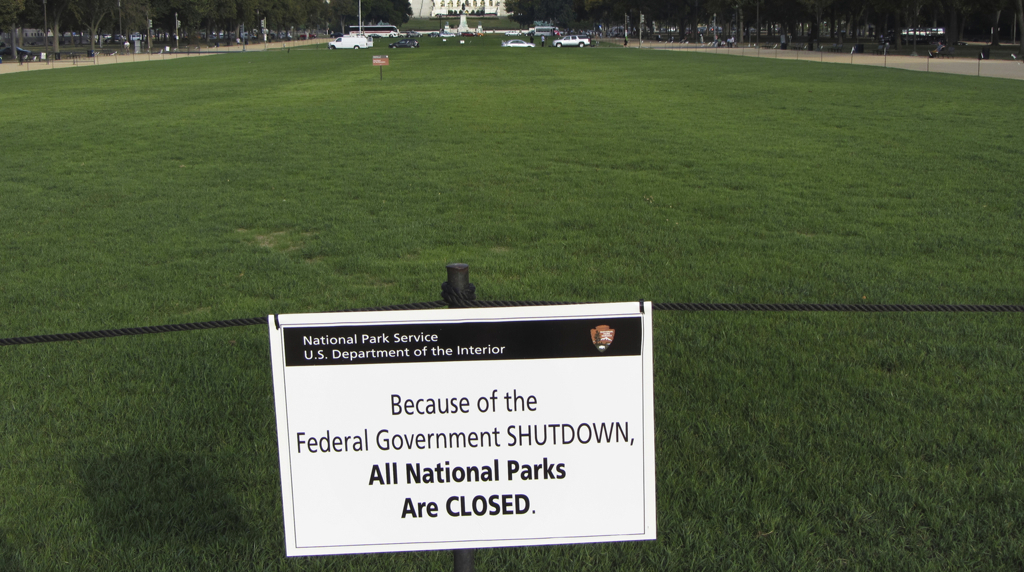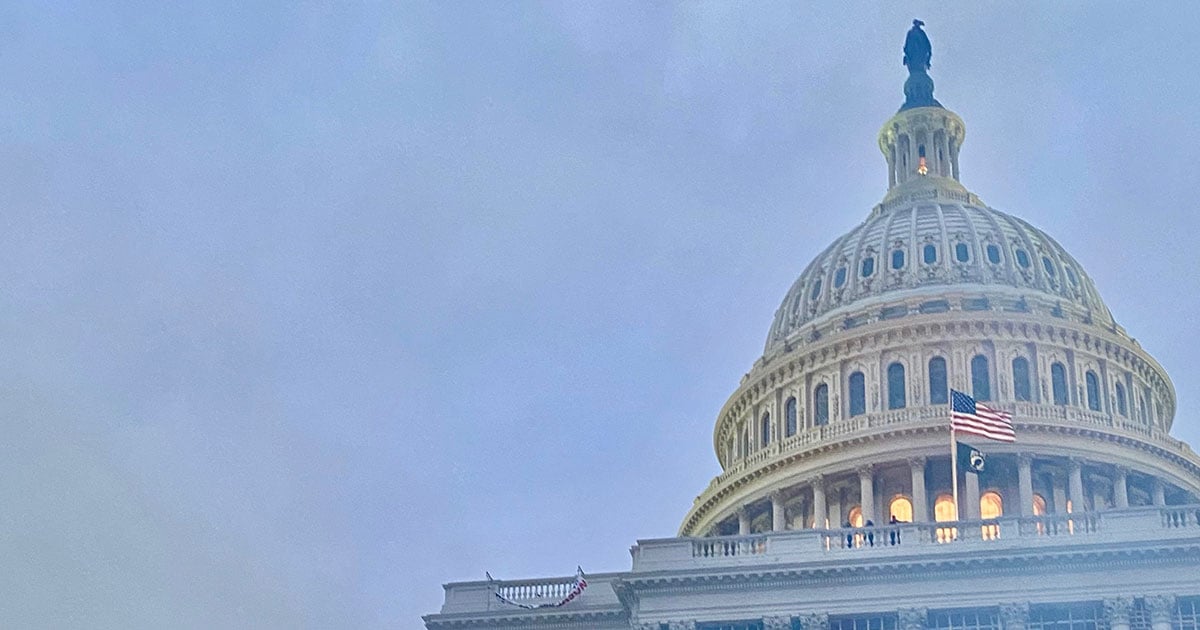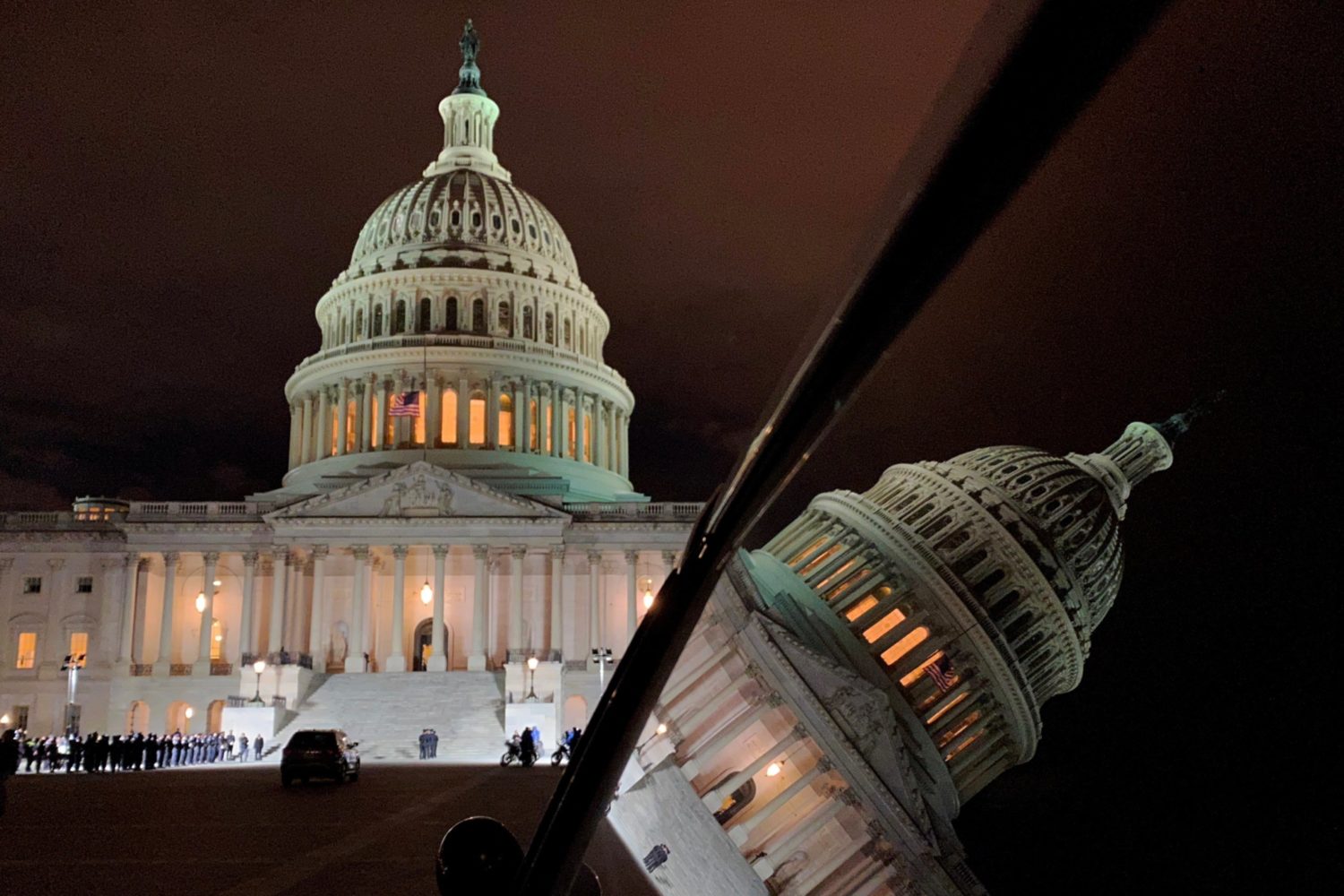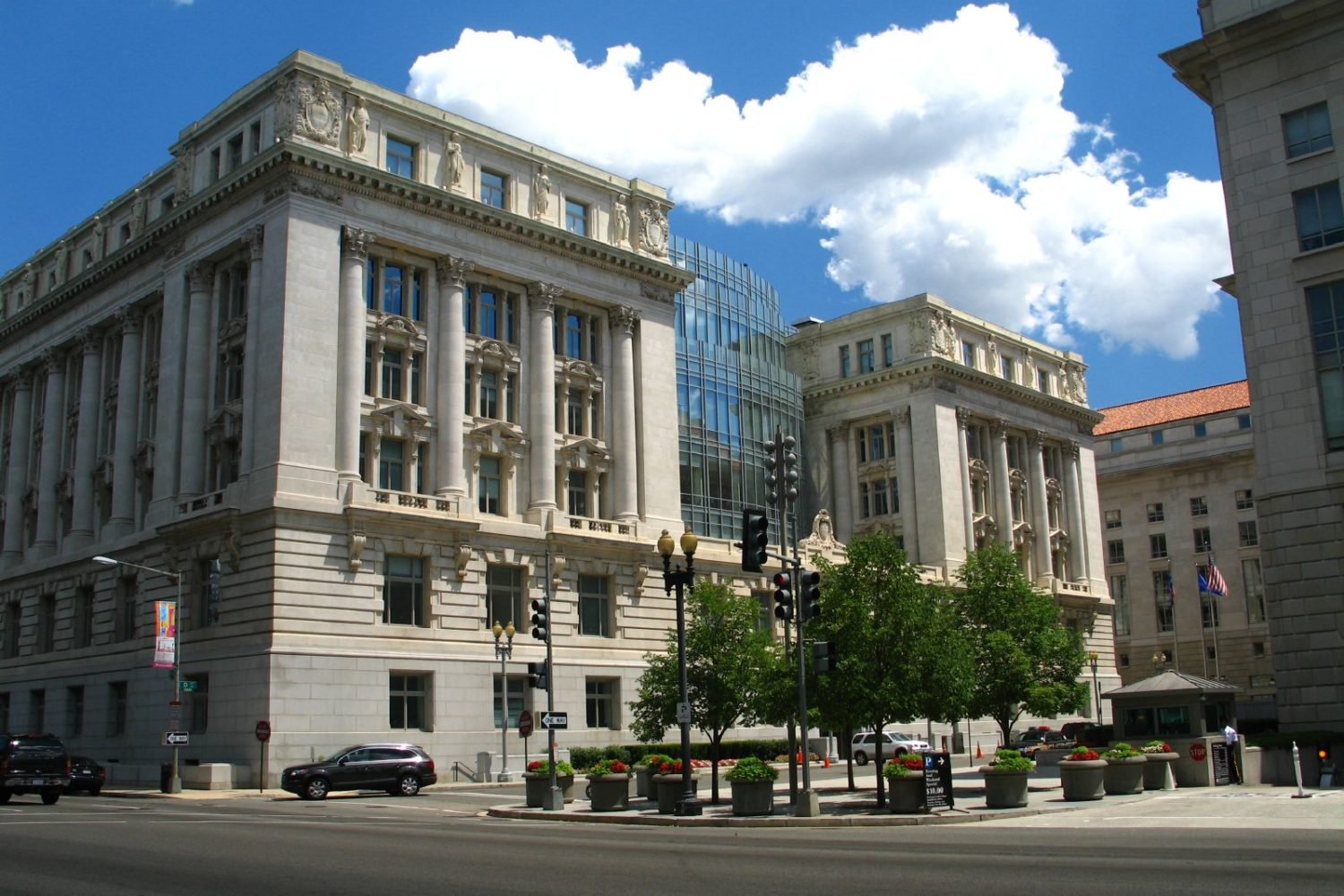The Senate on Tuesday failed to pass a procedural measure on a temporary funding bill that would keep the federal government operating after Friday, when the current fiscal year ends. Democrats opposed the vote because the funding bill did not meet their demand of $220 million in aid to Flint, Michigan, which is struggling from a crisis stemming from lead-tainted drinking water.
Although Senate Majority Leader Mitch McConnell has included money for Flint in a separate water bill, that legislation’s House counterpart has excluded that funding. And with the battle over aid to Flint now spilling over to overall spending, Washington, once again, faces the threat of a government shutdown.
The Huffington Post’s Matt Fuller writes that he believes money for Flint will eventually be included in the Water Resources Development Act. But will a shutdown actually happen? In 2016, nobody really knows anything. But here are a few things to know just in case:
What happens to DC if the government shuts down?
Unlike 1995, when a 27-day shutdown took the District with it because the DC government’s operations are legally functions of federal spending, the city these days is actually well-inoculated against federal dysfunction. In 2013, when Senator Ted Cruz‘s opposition to the Affordable Care Act led to a 16-day lapse, then-Mayor Vince Gray declared all 32,000 DC government employees to be “essential” personnel, exempting them from being furloughed. (There was a brief question over whether Gray could legally do that under the Anti-Deficiency Act, which prohibits the distribution of funds that are not appropriated, but nobody has ever been prosecuted under the 132-year-old statute.)
A shutdown this week would work a bit differently. Thanks to a 2012 referendum in which DC voters claimed autonomy over locally raised funds the city’s budget—at least the part not funded by direct federal aid—can be carried out without Congress writing it into an obscure appropriations line item. “Even if Congress does not pass a CR, we will be able to operate under our lawfully passed budget,” says LaToya Foster, a spokeswoman for Mayor Muriel Bowser.
Who won’t be able to go to work?
Last time the government shut down, about 60 percent of the roughly 377,000 federal employees in the DC area were declared “non-essential,” and locked out of their jobs—and salaries—for 16 days. The military, Federal Aviation Administration flight controllers, Postal Service, Social Security, Medicare, and law-enforcement agencies remained operational.
How much did the last shutdown hurt?
Quite a bit. After government funding was restored in 2013, officials from DC and the surrounding counties reported losing $400 million per week in total economic activity, including lost tax revenue, unpaid wages, and a dropoff in tourism.
So what would close?
Besides, possibly, your office? National Park Service sites, including Rock Creek Park and the monuments that line the Mall, and the Smithsonian Institution.
Including the panda cam?
Will there at least be bar specials?
It’s still Washington, so yes, restaurants will most likely be ready to serve you brunch on a Tuesday.




















